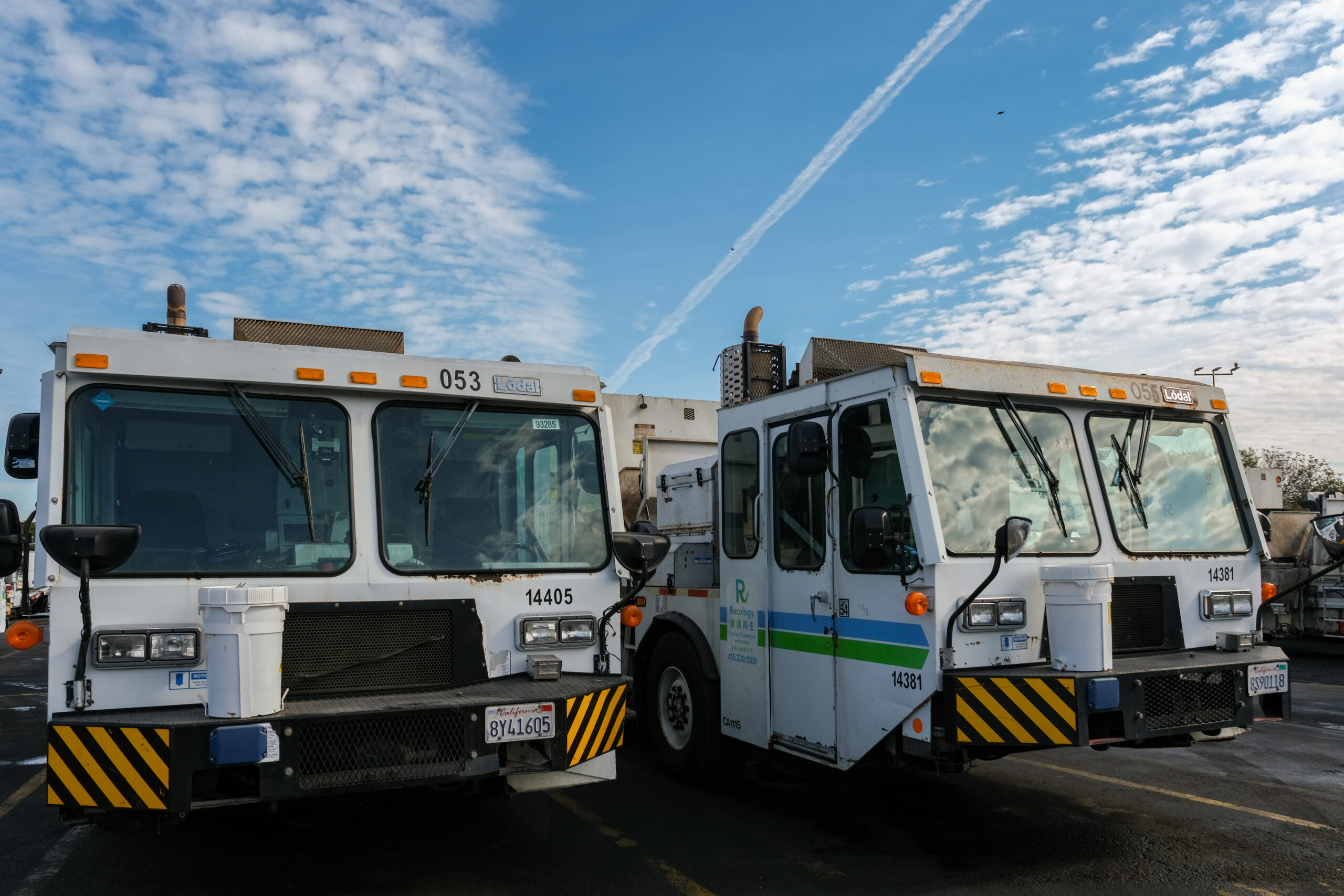Scandal-ridden garbage company Recology is having a come-to-Jesus moment.
In a total about-face from its earlier efforts to undercut garbage reform in San Francisco, the firm is now an official supporter of a June ballot measure that would restructure the city’s process for setting garbage rates.
Its endorsement of the measure, called Proposition F, is a far cry from the nearly $400,000 that Recology spent at the beginning of the year on a short-lived effort to place a weaker, competing proposal on the June ballot.
Recology CEO Sal Coniglio changed his tune in a letter Thursday to Mayor London Breed and Supervisor Aaron Peskin, who co-sponsored the upcoming measure.
“Though we do not agree with everything that supporters of this measure have said about Recology, we support Proposition F,” Coniglio wrote. “We welcome stronger controls, greater transparency, and stricter accountability in the rate-setting process. We also agree that the future rate process should be overseen by an independent regulator, rather than either of the departments we report to.”
Recology has enjoyed a lucrative monopoly on trash collection in San Francisco for decades. The unusual arrangement is enshrined in a city ordinance approved by voters in 1932 that requires permits for hauling garbage across San Francisco, all of which Recology has come to own. The ordinance also created a system for setting garbage rates that gave the director of Public Works immense power over the prices.
The arrangement came under intense public scrutiny after former Public Works head Mohammed Nuru was arrested on corruption charges in early 2020. The scandal led to Recology admitting to conspiring to bribe Nuru, as well as a revelation that the firm had overcharged San Francisco ratepayers by nearly $95 million for trash pickup.
“We acknowledge that Recology has made mistakes in our relationship with the City,” Coniglio wrote. “This has been a humbling moment for our company and some of our former employees engaged in conduct that was wrong and unacceptable.”
Peskin said the letter is a sign that Recology knows it lost the battle. The firm made an opponent out of every lawmaker at City Hall in January by pouring cash into its ill-fated signature gathering drive.
“While I appreciate they’re putting their best foot forward, this is an ‘if you can’t beat them, join them’ signal and the writing is on the wall,” Peskin said. “They have been providing adequate service for the better part of a century, and they are about to be put under a much more stringent regulatory oversight regimen. I’m glad that they are saying they’re ready to get used to it.”
But Recology critic David Lee, a political science lecturer at San Francisco State University, has a more pessimistic view of the letter. He said Recology endorsing Prop. F confirms that the measure is “woefully inadequate.”
“Ratepayers want our garbage contracts to be bid out and awarded in a fair and open process,” said Lee, who briefly gathered signatures last year to do exactly that. “The measure stops short of reforms needed to end the decades-old garbage monopoly.”
The measure does in fact let Recology keep its monopoly while reforming the system for setting garbage rates by replacing the director of Public Works with the controller as the person as the most important person overseeing the process. The measure would, however, give the Board of Supervisors the authority to open up the process to competitive bidding if they decided to do so in the future.
By jumping on board with Prop. F, Peskin said Recology is simply saying “please don’t go down that route.”
Recology has decided to back the ballot measure as more bad news appears to be on the horizon for the firm. Later this month, the Controller’s Office is expected to release its findings from an investigation into whether Recology improperly overcharged ratepayers even more than $95 million. Peskin has estimated that the additional overbilling could also be in the tens of millions of dollars.
Recology is also facing a new threat to another key piece of its business in San Francisco. Last month, The Standard first reported that the city’s top environment official solicited a $25,000 donation from the firm while finalizing a contract with Recology to dump San Francisco’s waste at a landfill in Solano County. Now a rival firm is calling on the city to strip Recology of the contract.
